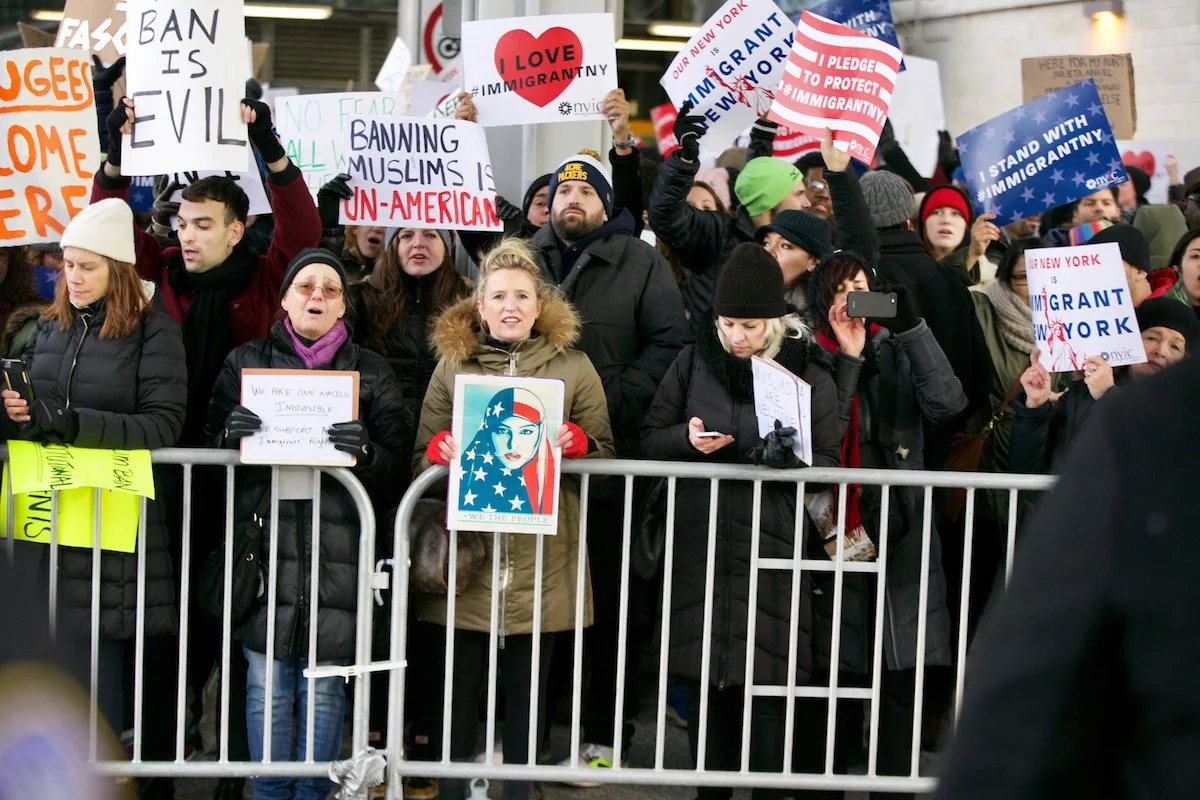We are excited to introduce Becky Teiwes as our June Volunteer of the Month! Becky’s exceptional dedication has been instrumental in supporting our mission. From providing essential services at detention centers to assisting with local clinics for documented and undocumented immigrants, Becky’s contributions have made a tangible impact on the communities we serve. Read on to learn more about Becky’s inspiring journey and her invaluable work with Project Corazon.
Meet Becky Teiwes - From Classroom to Borderlands Advocacy
With a background in education, Becky spent many years teaching high school Spanish in Massachusetts, integrating lessons on human rights and migration into her curriculum. However, her drive to create a more direct impact inspired a profound shift in her career and life, leading her to the US-Mexico border in October 2021. Becky is currently the Borderlands Program Coordinator for the Mennonite Central Committee.
A Journey Rooted in Compassion and Action
Becky’s transition from the classroom to the frontlines of humanitarian work was sparked by a deep-seated need to be physically present where the need was greatest.
“I was teaching about the border and our response to it, feeling increasingly disconnected from the very issues I was passionate about,” she explained.
Motivated by the zero-tolerance policy and the devastating impact of family separations, Becky decided it was time to move beyond the theoretical and engage directly with the humanitarian challenges at the border. Reflecting on her career shift, Becky shared:
“I just got tired of teaching about the border and about US foreign policy in Central America and…feeling like there was something we needed to do as a country…we moved to the US-Mexico border in October of 2021. I would say in response to child separation… zero-tolerance policy, I think that was really the straw that broke the camel’s back for me.”
Discovering L4GG and Making a Difference
In 2021, while researching ways to volunteer, Becky found L4GG and signed up to support Project Corazon, an L4GG program created to defend the rights of migrants in the face of inhumane immigration policies, despite her limited legal background. She soon found her passion, helping newly arrived immigrants on humanitarian parole with arrival logistics.
“Even small tasks like making phone calls or translating documents can make a big difference,” she said.
Becky’s ability to seamlessly integrate her skills into the volunteer efforts has made her an invaluable part of the L4GG family.
A Look at Becky’s Achievements
After a year of legal advocacy, Marc was finally reunited with his family on Christmas Eve.
One of Becky’s most significant experiences was her involvement in the defense of a Haitian man, referred to as “Marc” for confidentiality. Marc’s case, involving torture in Mexico, required extensive effort from the L4GG team. This client had been separated from his family and was stuck at a for-profit detention center. For nine months Becky was one of the only people able to visit him during this time. Becky witnessed the entire process, from meeting Marc in Reynosa to attending his trial.
“Seeing him shackled during his trial was a stark reminder of the injustices within the for-profit prison system,” she recalled.
“Becky is why we have been as successful as we have been. She is willing to enter dark, cold, and often threatening facilities in order to connect directly with a client. She tells their stories. She carries their wounds on her shoulders. She is willing to put herself out there simply because she thinks that there is a better way. She hasn’t given up hope that this country and our laws can be fair. Whenever I am convinced that my team is alone, there is Becky, reminding me that there is still a fight worth fighting.””
Personal Growth Through Volunteering
Volunteering with L4GG has profoundly impacted Becky. “It has illuminated injustices I’ve only read about before. Seeing them firsthand, despite being difficult, is incredibly important,” she explained. Becky believes that physical proximity to these issues helps volunteers truly understand and advocate for change.
Becky’s Advice to Future Volunteers
Becky encourages anyone considering volunteering to remember that every contribution counts.
“There is no offering too small. Even if it’s an hour of your time, it can make a significant difference.”
She also highlights the importance of recognizing one’s privileges and capacities, urging others to contribute in ways that fit their circumstances. While Becky is deeply committed to her work, she acknowledges the support of her spouse and the logistical advantages that allow her to volunteer.
“I have a supportive husband and a part-time job which enables me to engage in this work. I am not some wonderful, amazing person; I am privileged to be able to do this,” she humbly shared.
As we celebrate Becky Teiwes this month, we highlight her individual contributions and the broader impact of our volunteers who dedicate their expertise to significant causes. Becky’s work with L4GG exemplifies how dedicated legal professionals can drive systemic change and create a sustainable future.
If you know of another incredible pro bono volunteer, nominate them for our Pro Bono Volunteer of the Month award here!
If you’re interested, consider how you might also make a difference through your skills and passions!

















